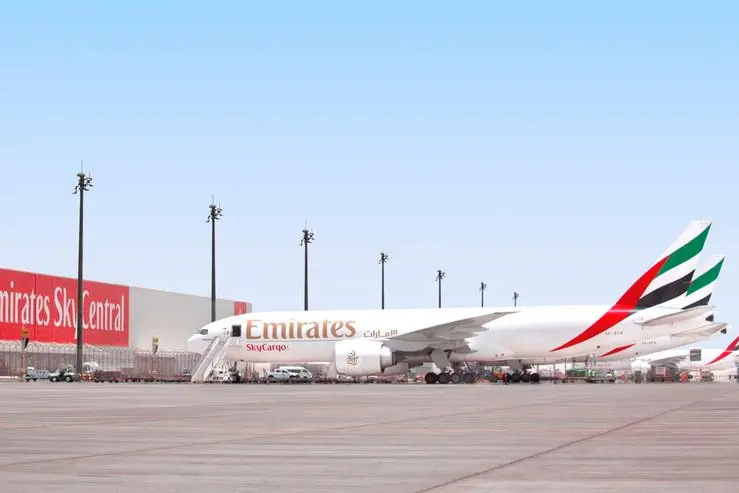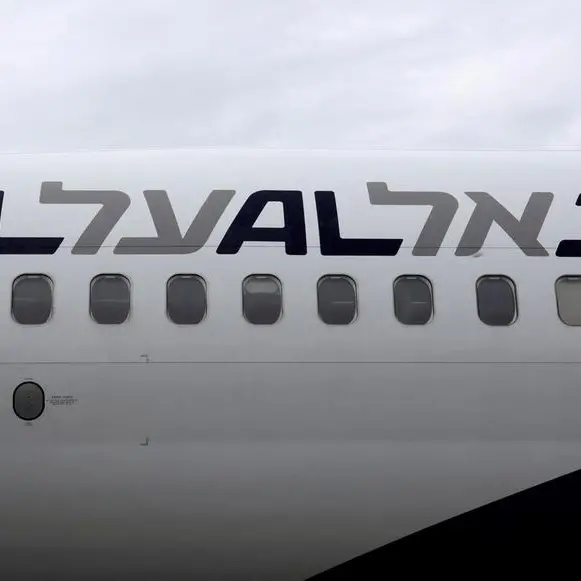PHOTO
ABU DHABI: The General Civil Aviation Authority (GCAA) announced that the UAE’s civil aviation sector achieved significant growth in 2024, with passenger traffic increasing by 10 percent to reach 147.8 million from 134 million in 2023.
Air cargo also saw notable growth of 17.8 percent to reach 4.36 million tons compared to 3.7 million tons last year, reinforcing the UAE’s position as a leading global hub for air transport. These results reflect the sector’s sustainable growth and operational efficiency, as well as its vital role in connecting the world through the UAE.
Abdulla bin Touq Al Marri, Minister of Economy and Chairman of the GCAA, stated, "These figures are not just growth indicators, they are a clear testament to the strength of the UAE’s aviation sector and its key role in supporting the national economy. The sector continues to enhance the country’s position as a global hub for air transport, trade, tourism, and investment. This progress is a direct result of our leadership’s vision, which has laid the foundation for a strong and competitive aviation sector that has gained significant global confidence."
He added, "This confidence is evident in the UAE’s selection to host key events shaping the future of aviation. In just a few days, Abu Dhabi will welcome one of the world’s largest civil aviation gatherings, hosting the ICAO 4th Global Implementation Support Symposium (GISS 2025), alongside the launch of the Global Sustainable Aviation Marketplace, an initiative by the UAE aimed at accelerating global efforts to scale up the production of sustainable, low-carbon aviation fuel. These landmark events will be instrumental in advancing a safe and sustainable aviation ecosystem, with the UAE at its core.”
Saif Mohammed Al Suwaidi, Director-General of the General Civil Aviation Authority GCAA, highlighted that the impressive results achieved by the UAE’s aviation sector in 2024 underscore its growing strength and competitiveness, solidifying its role as a key driver of economic and social growth. Strategic investments in infrastructure have enabled the sector to keep pace with global demand, offering some of the world’s best air transport services and thereby unlocking vast economic opportunities.
In 2024, the country welcomed 41.6 million inbound passengers, while 41.7 million departed, and 64.4 million transited through its airports. The aviation sector also witnessed a notable increase in workforce numbers, with 9,622 registered pilots, 35,899 cabin crew members, 4,493 engineers, 461 air traffic controllers, and 419 dispatchers.
In terms of infrastructure, the number of registered air operators in the UAE rose to 36, with a total of 929 registered aircrafts, including light sports aircrafts, of which 520 belong to national carriers. Air traffic movements reached 1.03 million flights last year, marking the highest recorded air traffic volume in the country's history.





















